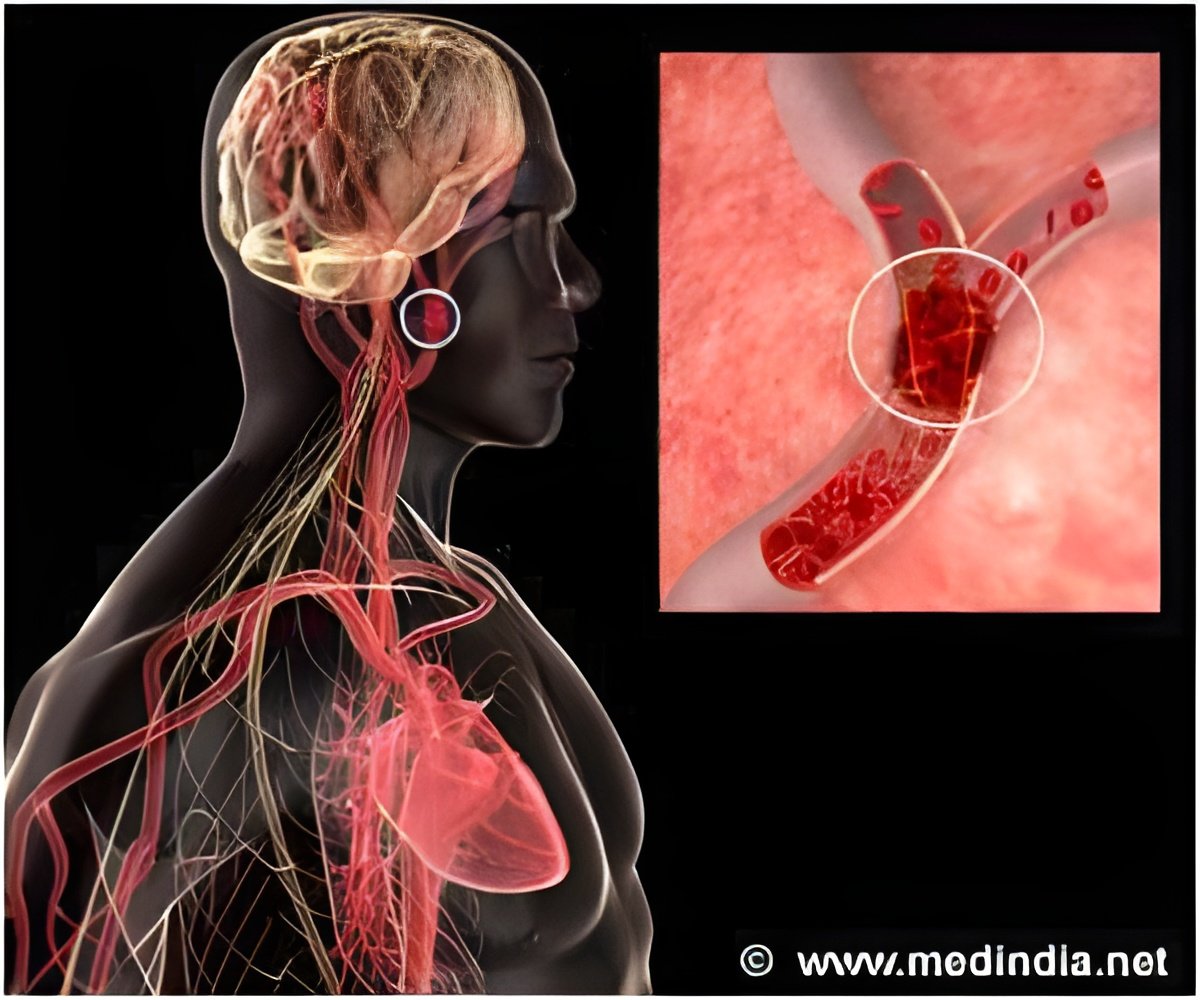Hormonal treatment given to stroke patients combined with rehabilitation, resulted in better performance on functioning and reasoning tests compared to patients who got rehabilitative therapy alone.

The hormone, relaxin, or RLX, is a naturally occurring protein produced by the reproductive organs in men and women, although only women have circulating hormone in the blood, both during ovulation and pregnancy. For years after its discovery in 1926 by the renowned zoologist and reproductive endocrinologist Frederick Hisaw, the hormone's primary role was thought to be that of relaxing the uterus and pelvis for childbirth.
More recently, however, research from this study''s investigators, as well as others, has demonstrated that the hormone also helps many different organs and bodily processes prepare for pregnancy. These include the heart and blood vessels, or cardiovascular system; lungs; kidneys; mammary glands; as well as the immune system.
"Considering the present clinical results and our previous experimental studies, we believe that RLX is a very important, if not the most important, cardiovascular hormone," said study author Mario Bigazzi, M.D. an internist at Prosperius Institute, in Florence, Italy. "We believe that the presence of relaxin in women''s blood at each ovulation represents the still-undiscovered factor protecting them from cardiovascular diseases during the fertile span of life until the menopause. This may assure their well-known longer survival time than men."
Twenty days after beginning treatment, patients who received relaxin performed comparably to non-recipients on a test measuring daily-task ability. On a similar test 40 days after initial treatment, however, relaxin patients performed better than their non-relaxin counterparts. Both groups also received rehabilitative therapy.
Similarly, relaxin recipients scored higher than other patients on tests of reasoning and overall functioning, both at 20 and 40 days after starting treatment. No side effects associated with relaxin were reported during the study.
Advertisement
Thirty-six patients who had suffered a stroke participated in the study. Patients ranged in age from 64 to 79 years, and 53 percent were male.
Advertisement
The RRCAA Foundation (Foundation for Research on Relaxin in Cardiovascular Disease and other Diseases), Prosperius Tiberino in Umbertide (Perugia-Italy ), and Prosperius Institute (Florence, Italy) funded the study.
Source-Newswise









